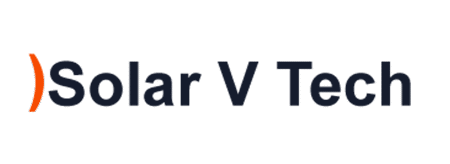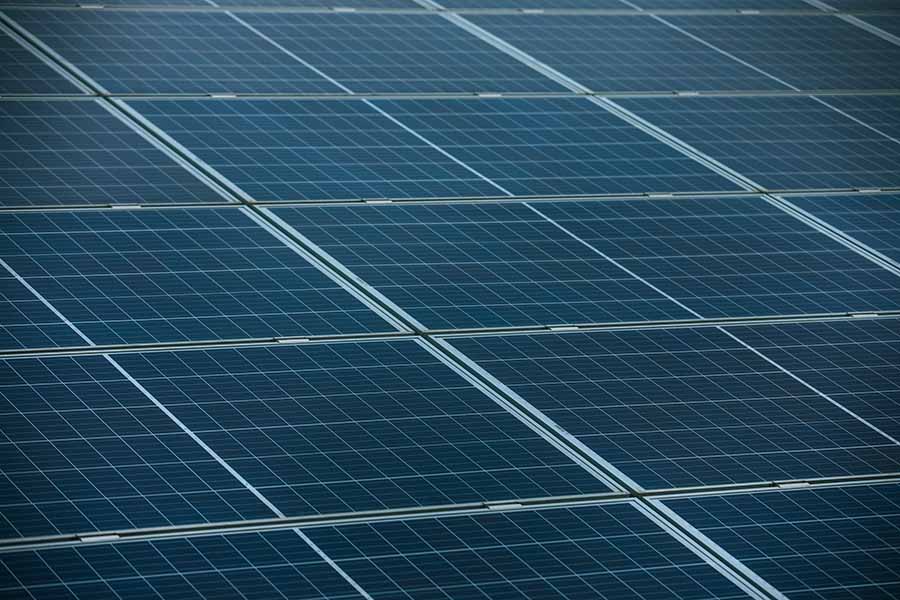Solar panels have grown in popularity as a way for households to lower their power bills and lessen their carbon footprint in the face of rising energy prices and growing environmental concerns. However, despite the allure of “free” solar energy, a lot of people are still curious about the true cost of solar panels. Are they truly worth the money spent?
Let’s examine the advantages, disadvantages, and factors to take into account before switching.
What Is the Price of Solar Panels?
- Solar panel prices can vary greatly depending on a few important factors:
- System size (the amount of power you wish to produce)
- Location (cost of local installation and availability of sunlight)
- Rewards (federal and state tax credits or refunds)
- Equipment kind (standard vs. high-efficiency panels, battery storage, inverter grade)
In the United States, a residential solar panel system will typically cost between $2.50 and $3.50 per watt as of 2025. Prior to incentives, that amounts to approximately $15,000 to $21,000 for a basic 6kW system, which is sufficient for many regular families.
Rewards Can Reduce the Price
Homeowners can deduct 30% of the cost of installing a solar energy system from their federal taxes thanks to the Federal Solar Tax Credit (ITC). That can reduce the cost of a $20,000 system by more than $6,000.
- State and municipal incentives: A lot of states provide extra tax credits, refunds, or incentives based on performance.
- Selling extra electricity back to the grid is made possible by net metering, which can further reduce expenses.
- Solar battery add-ons are optional; systems with battery storage cost an additional $10,000 to $15,000.
- Premium panels or monitoring systems: They raise the overall cost a little, but they could provide long-term convenience or efficiency gains.
Do Solar Panels Make Sense?

Yes, in most circumstances, but it also relies on your particular circumstances. Here are the primary benefits and drawbacks to think about:
Advantages
- Reduced (or no) electricity costs: Depending on your location and usage, you may save anywhere from $10,000 to $30,000 over the system’s lifetime.
- Benefits to the environment: Using clean, renewable energy lowers your carbon footprint.
- Boost the value of your house: Research indicates that houses with solar panels go up in value.
- Less dependency on erratic utility rates and the possibility of backup power (with battery storage) are two benefits of energy independence.
Cons
High initial cost: Despite incentives, this is still a significant outlay of funds.
Not suitable for every roof: Roofs that face north or are shaded may make panels less efficient.
Maintenance and warranties: While panels often don’t need much upkeep, inverters or batteries can eventually need to be replaced.
Repayment Time
The payback period for most homeowners is between six and ten years, depending on local sunshine exposure and electricity pricing. The electricity you produce after that is practically free.
In conclusion, is going solar a good idea?
Investing in solar panels can be wise, particularly if you:
- Be in a sunny place.
- Make plans to remain in your house for a number of years.
- Do you wish to reduce your long-term energy expenses?
- Be eligible for substantial tax breaks.
They aren’t for everyone, though. Get quotations from trustworthy installers before making a commitment, figure out your break-even point, and think about doing a home energy audit to increase efficiency.
Solar panels may benefit the environment and pay for themselves, and then some, if the appropriate conditions are met.
Do you need assistance understanding local subsidies or estimating your possible solar savings? Get a free quote from a nearby installer or provide your zip code in the comments section. 🌞

